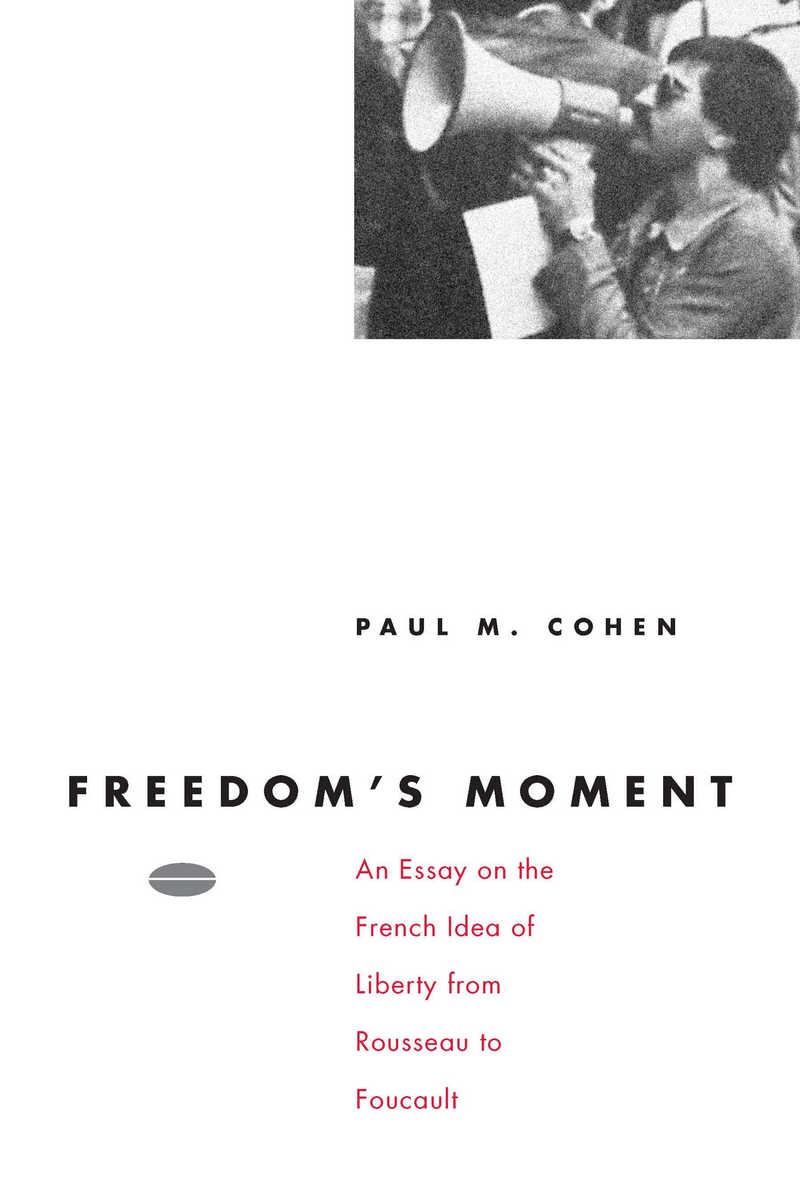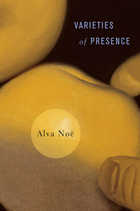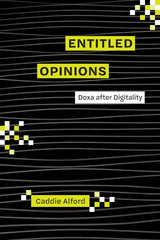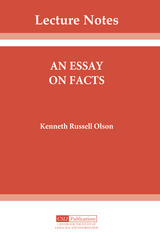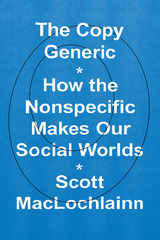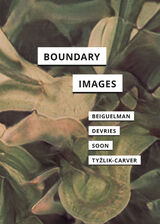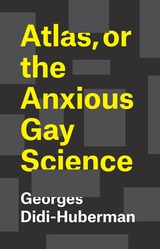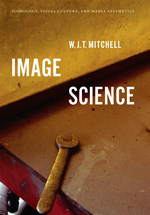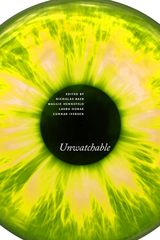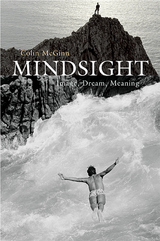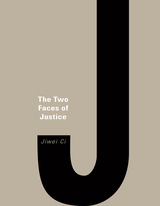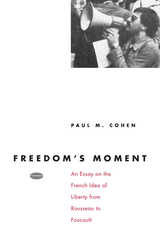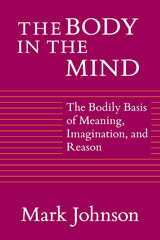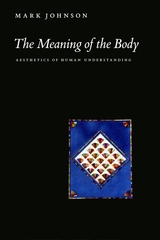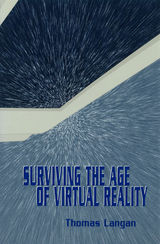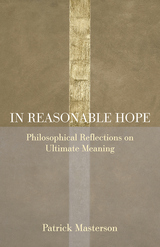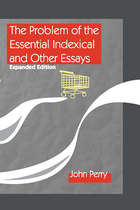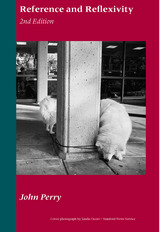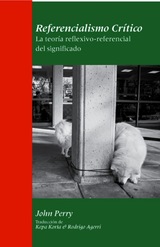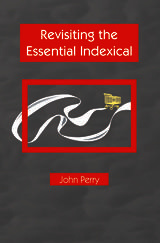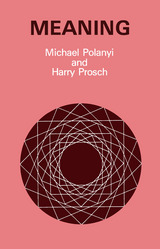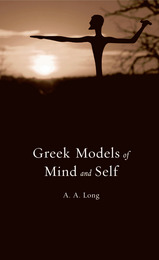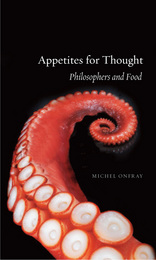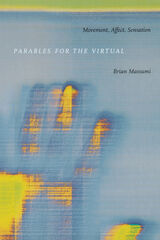Freedom's Moment: An Essay on the French Idea of Liberty from Rousseau to Foucault
University of Chicago Press, 1997
eISBN: 978-0-226-11291-6 | Cloth: 978-0-226-11285-5 | Paper: 978-0-226-11286-2
Library of Congress Classification B105.L45C64 1997
Dewey Decimal Classification 123.50944
eISBN: 978-0-226-11291-6 | Cloth: 978-0-226-11285-5 | Paper: 978-0-226-11286-2
Library of Congress Classification B105.L45C64 1997
Dewey Decimal Classification 123.50944
ABOUT THIS BOOK | TOC | REQUEST ACCESSIBLE FILE
ABOUT THIS BOOK
What kind of freedom, and what kind of individual, has the French Revolutionary tradition sought to propagate? Paul Cohen finds a distinctly French articulation of freedom in the texts and lives of eight renowned cultural critics who lived between the eighteenth century and the present day.
Arranged not according to the lives and times of its protagonists but to the narrative themes and structures they held in common, Cohen’s study discerns a single master narrative of liberty in modern France. He captures these radicals, whose tradition bids them to resist the authority of power structures and public opinion. They denounce bourgeois and utilitarian values, the power of Church and State, and the corrupting influence of everyday politics, and they dream of a revolutionary rupture, a fleeting instant of sometimes violent but always meaningful transgression.
An eloquent and insightful work on French political culture, Freedom's Moment also helps explain how France, even as it has oscillated between political stagnation and crisis, has held onto its faith that liberty, equality, and fraternity remain within its grasp.
Examines the ideas of Rousseau, Robespierre, Stendahl, Michelet, Bergson, Peguy, Sartre, and Foucault.
Arranged not according to the lives and times of its protagonists but to the narrative themes and structures they held in common, Cohen’s study discerns a single master narrative of liberty in modern France. He captures these radicals, whose tradition bids them to resist the authority of power structures and public opinion. They denounce bourgeois and utilitarian values, the power of Church and State, and the corrupting influence of everyday politics, and they dream of a revolutionary rupture, a fleeting instant of sometimes violent but always meaningful transgression.
An eloquent and insightful work on French political culture, Freedom's Moment also helps explain how France, even as it has oscillated between political stagnation and crisis, has held onto its faith that liberty, equality, and fraternity remain within its grasp.
Examines the ideas of Rousseau, Robespierre, Stendahl, Michelet, Bergson, Peguy, Sartre, and Foucault.
See other books on: Essay | Foucault | Free Will & Determinism | Liberty | Philosophy, French
See other titles from University of Chicago Press
